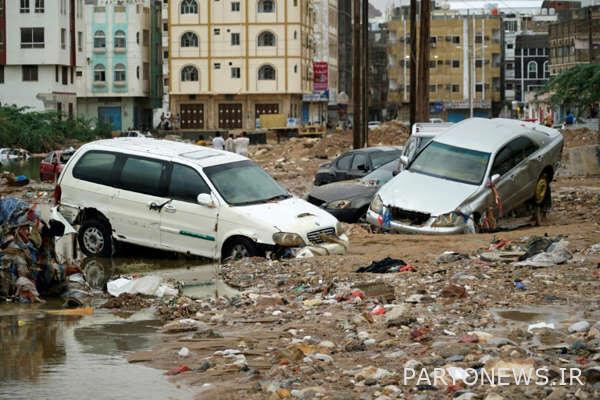Experts warn; The Double Impact of Climate Change on the Middle East

Few steps have been taken to address the challenge in an area plagued by civil strife, war and a wave of migration, IRNA reported Sunday, quoting AFP.
“Our region is classified as the center of global climate change,” said Cypriot President Nicolas Anastasiades at the International Conference on Climate Change in the Middle East and the Eastern Mediterranean.
The area, home to half a million people, has been designated as a vulnerable area.
“When it comes to climate change and the Middle East, there are terrible problems,” said Jeffrey Sachs, head of the United Nations Sustainable Development Solutions Network.
“First of all, this region is the center of the world’s hydrocarbons, so many of its economies depend on fuel, which is fundamentally unconventional, and we need to stop this trend,” he said.
The official told AFP: “Secondly, it is obvious that this is an arid region that is getting drier, so wherever you look, there is water insecurity, water tensions and population displacement.
“There has to be a huge transformation in the region,” Sachs said. It is a political and divided region, a region plagued by wars and conflicts that are often linked to oil.
He added: “The good news is that there is a lot of sunlight and solar radiation provides the basis for a green and clean economy.”
“We experienced catastrophic fires in Cyprus, Greece, Turkey, Israel and Lebanon,” said former French Foreign Minister Laurent Fabius, who oversees the Paris Agreement.
He added: “In Kuwait, Oman, the United Arab Emirates, Saudi Arabia, Iraq and Iran, the temperature was more than 50 degrees Celsius and Turkey witnessed drought and water stress in various countries, especially Jordan. These tragic events are from a catastrophic movie.” The burden does not originate, but is real and alive and present.
Cyprus is the EU’s closest member to the Middle East, leading an international initiative involving 240 scientists to develop a 10-year regional action plan to be presented at next year’s summit.
Scientists say the Middle East and North Africa, which are already severely dehydrated, have warmed by about 0.45 degrees Celsius per decade since the 1980s at twice the global average.
Deserts are expanding and dust storms are intensifying as snow in mountainous areas slowly decreases, affecting river systems that supply water to millions.
By the end of this century, with the release of greenhouse gases, the temperature will rise by six degrees Celsius, according to Dutch atmospheric chemist Joss Lilliwold.
Experts warn that climate change could be the root of future conflict and violence as agricultural land becomes dust and rising tensions over resource depletion increase.
.

